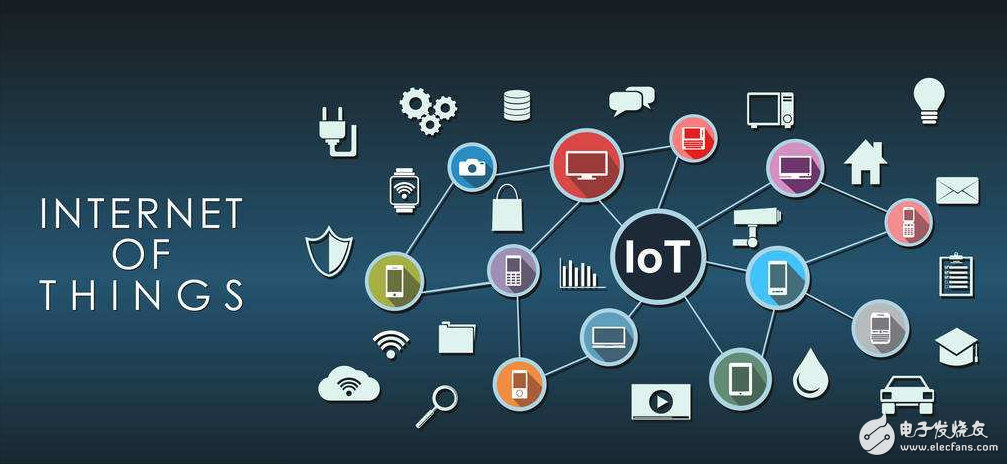Technological innovation continues to pose challenges for the device, and the increase in Internet of Things (IoT) devices has also changed the look of the manufacturing industry. Verizon estimates that the IoT platform market will grow 35% annually and will reach $1.16 billion by 2020. The biggest source of growth is the growth of the B2B application platform, which accounts for 70% of the overall value of the Internet of Things.
According to reports, if this report is correct, then all industries will see the diffusion effect of IoT technology. Among them, the manufacturing industry has seen such an effect, the amount of investment in the Internet of Things has reached 183 billion US dollars, becoming the industry with the largest number of connected network devices.

The Internet of Things brings a lot of networking devices to the manufacturing industry and generates a lot of data. Through sensors, artificial intelligence, 3D manufacturing and computer-aided design, manufacturing is becoming more and more closely integrated in design and manufacturing. The data generated by related technologies is based on TB. When making decisions, the industry can consider market trends, customer needs and differentiated products.
Companies continue to review processes to improve efficiency. Through an integrated network, departments can obtain data and achieve a high degree of customization. Sensors can generate real-time information, making companies more resilient and meeting the changing needs of the market and consumers. Future data will be an important asset that companies must fully protect, and many endpoints and services will be used to process and store data.
By bringing these technologies together, smart factories can be implemented to continuously innovate to meet customer needs. These factories allow people to minimize interventions, and integrated IT systems will redefine traditional supply chains. In the future digital supply chain, productivity is expected to increase by 20%; the supply chain will also have machine learning capabilities while maintaining quality and increasing production.
Sensors reduce reliance on people for optimal efficiency, precision and workflow. Repetitive single work can be handed over to the robot, and it no longer requires dangerous work. From the current trend, the demand for talents in big data analysis and data decision-making services has increased significantly.
Our company specializes in the production and sales of all kinds of terminals, copper terminals, nose wire ears, cold pressed terminals, copper joints, but also according to customer requirements for customization and production, our raw materials are produced and sold by ourselves, we have their own raw materials processing plant, high purity T2 copper, quality and quantity, come to me to order it!
Cable Terminals
Taixing Longyi Terminals Co.,Ltd. , https://www.lycopperterminals.com